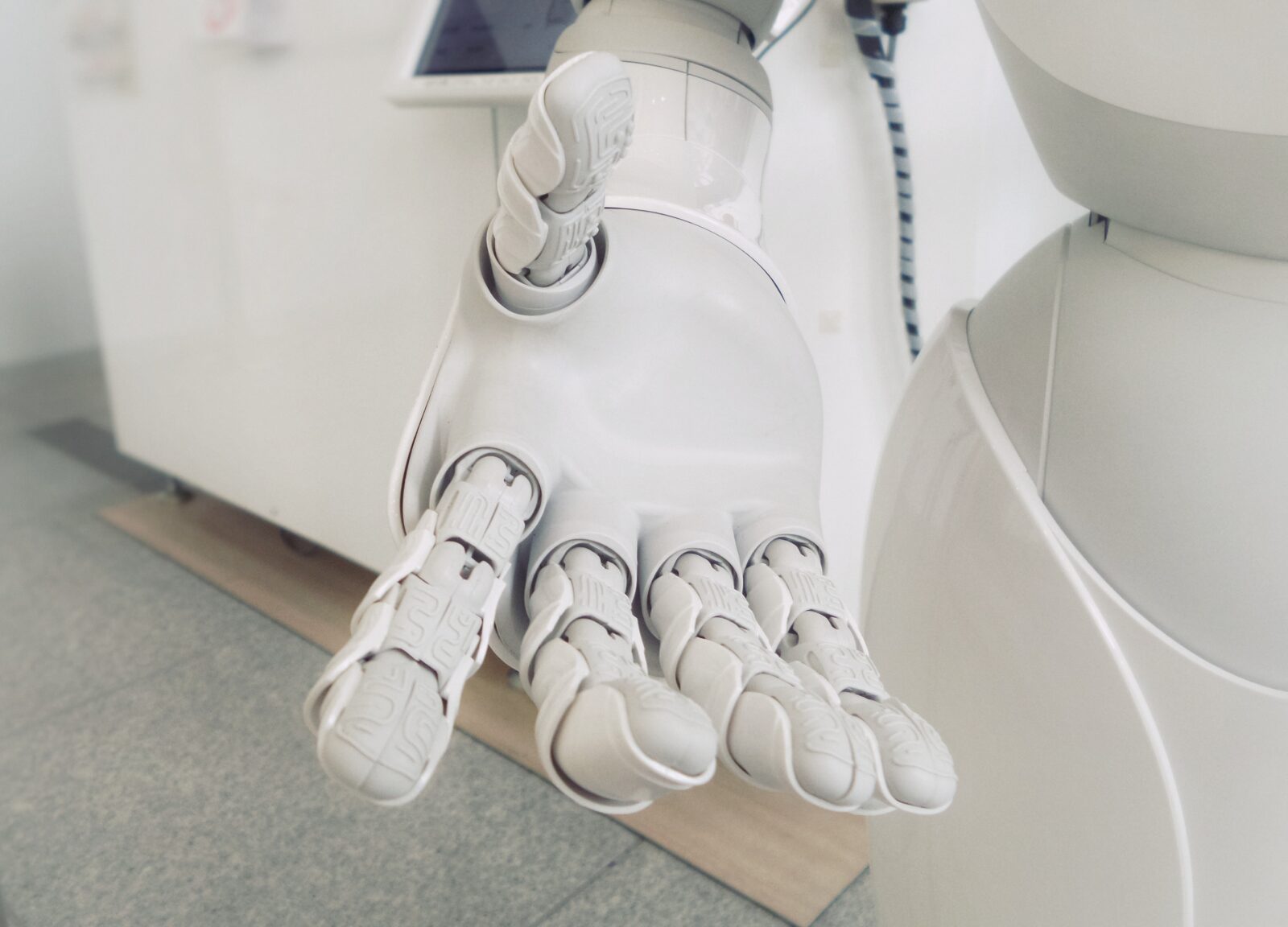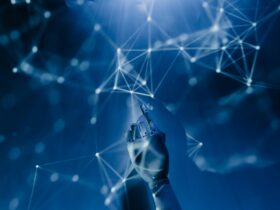By: Rodrigo Alegría
I will start with an ethical disclosure that 90 percent of the creation of this article has been developed by two artificial intelligence platforms that I use daily for idea development, conceptualization, and image generation.
In my quest to write an article about Artificial Intelligence (AI), I decided to take an interesting approach: interviewing two AI platforms to have them respond on their own, and then reinterpret their answers in the following text.
Let’s begin by defining the concept of Artificial Intelligence (AI). It refers to the ability of a machine to imitate or simulate human intelligence. It is an interdisciplinary field of study that combines computer science, data science, linguistics, psychology, and other disciplines. Its goal is to develop systems capable of performing tasks that would normally require human intelligence.
AI is divided into two main categories: weak AI and strong AI. Weak AI refers to systems designed to perform specific and limited tasks, such as content recommendation algorithms used by platforms like Netflix, Facebook, and TikTok. These systems can generate information and content in various fields, including professions in the humanities and finance.
On the other hand, strong AI is still under development, aiming to create systems with general intelligence comparable to or surpassing human intelligence in all areas. This includes robots, autonomous vehicles, and machinery capable of performing complex tasks in fields like medicine.
Now, it is important to analyze how AI will directly impact certain professions in the future. Some fields that may be affected include:
- Customer service: AI-based chatbots and virtual assistants can automate and streamline the customer service process by answering frequently asked questions and providing basic support.
- Transportation and logistics: autonomous driving and AI-based route optimization algorithms can impact drivers and workers in the logistics sector.
- Medicine and healthcare: AI can assist in medical diagnosis, research for new treatments, management of medical records, and patient monitoring, which may have implications for doctors, radiologists, and other healthcare professionals.
- Legal and legal advice: AI algorithms can aid in legal research, contract drafting, and basic legal advice, potentially impacting lawyers and legal assistants.
- Finance and banking: automation of financial tasks, investment decision-making, and risk analysis can affect finance professionals, analysts, and financial advisors.
- Journalism and content creation: automated news generation and AI-based content writing, like this article, can change the way information is created and disseminated, impacting journalists and writers.
There is an undeniable reality: Artificial Intelligence (AI) has the ability to acquire, update, and retain information in a matter of seconds, something that a human being can never achieve, no matter how intelligent, capable, and determined they may be.
It is important to highlight that companies or professionals who rely solely on AI to carry out their tasks are likely to be easily replaced by it. However, if we use these technologies to elevate our activities to a higher level, then we are talking about a professional or a company that plays an evolutionary role, and they are unlikely to be replaced easily.
Artificial intelligence will transform our world, both inside and outside the workplace. However, in the future, it is likely that AI will generate the creation of more jobs than it eliminates. As we develop innovative technologies, AI will have a positive impact on our economy by creating jobs that require the skill set necessary to implement new systems.










Leave a Reply